On the afternoon of June 17, the National Assembly discussed in groups the draft Law on Value Added Tax (amended) and proposed to continue reducing VAT by 2% on some goods until the end of 2024.
Billions of dollars of goods go untaxed
Examining the draft law, the National Assembly (NA) Finance and Budget Committee proposed that the Government consider removing the provision of value-added tax (VAT) exemption for small-value goods (under 1 million VND) according to Decision No. 78/2010 of the Government. In a summary report presented to the NA, Chairman of the NA Finance and Budget Committee Le Quang Manh said that with the explosion of cross-border e-commerce, the volume of cross-border transactions of small-value goods has increased many times in recent times.Chairman of the Finance and Budget Committee Le Quang Manh reports on the review at the meeting.
Delegate Hoang Van Cuong discusses in group
Photo: GIA HAN
Should VAT be applied to fertilizers ?
The draft law transfers fertilizers, fishing vessels in offshore and sea areas, and specialized machinery and equipment for agricultural production from the non-taxable category to the group of goods subject to a tax rate of 5%. This is also an issue on which delegates have different opinions. Mr. Le Quang Manh said that in the review agency, there are still two streams of opinions. One stream agrees with the content of the draft law to resolve the long-standing inadequacies of the current VAT policy for domestic production industries on these goods. On the contrary, the dissenting stream believes that applying a tax rate of 5% will increase input costs for agricultural production, increase product prices, and reduce the competitiveness of domestic agricultural products. Therefore, the review agency of the National Assembly recommends that the Government carefully assess and report more fully on the impact of amending this policy, from the perspective of impact on domestic production industries as well as from the perspective of impact on farmers. Standing member of the Finance and Budget Committee Tran Van Lam ( Bac Giang delegation) expressed concern about this regulation. According to him, the fields that the Government proposed to apply a 5% VAT are all fields that completely serve rural areas, from being tax-free to being subject to a 5% VAT. "We call for prioritizing support for the development of agriculture, rural areas, and farmers. However, this time the tax reform increases input tax on agricultural production, increases the price of agricultural materials, machinery, and input equipment, which means it will increase product prices and reduce the competitiveness of agricultural products. So does the policy go against the viewpoints and policies of the Party and the State?", Mr. Lam stated. Deputy of the Hanoi delegation Hoang Van Cuong also suggested considering the reasonableness of this proposal. He said that the explanation that raising the tax rate to 5% helps businesses in this field get deductions, thereby helping to reduce input costs is not convincing. According to him, these items are currently being sold at non-taxable prices, and when taxes are imposed, fertilizer prices will be higher, not lower. "There is no way that the price will decrease after tax collection," Mr. Cuong analyzed.Minister Ho Duc Phoc discussed in the group on the afternoon of June 17.
Is continuing to reduce VAT still effective?
Regarding the proposal to continue reducing VAT by 2% until the end of 2024, Standing Member of the Finance and Budget Committee Tran Van Lam said he was very concerned. According to Mr. Lam, the proposal to reduce VAT "keeps on and on", first reducing for 1 year then extending for 6 months, and now asking for another 6 months. "That means not following a long-term plan or forecast, doing it in a patchwork manner, also known as a jerky policy, which is very difficult for budgeting units like localities", Mr. Lam said. According to Mr. Lam, up to now, we are still using emergent policies to handle the situation when the Covid-19 pandemic occurred 2-3 years ago and have requested the National Assembly to extend it 2-3 times. "Covid-19 has been over for a long time but our policies have not returned to normal; we still keep mentioning that businesses are in difficulty, and it will last forever without knowing when," Mr. Lam added, and said that the context in 2022 is different from now, the difficulties of businesses may be different while the policies are still stereotyped, showing rigidity in policy making and promulgation. Not to mention, according to Mr. Lam, the effectiveness of the 2% VAT reduction policy also needs to be calculated. "If reduced, the budget will have a revenue shortfall of VND 24,000 billion in the last 6 months of the year, and more than VND 48,000 billion for the whole year. But in fact, through the audit report, it shows that the total retail sales of consumer services are decreasing, meaning that there is no stimulus effect. The effectiveness is not really clear," Mr. Lam analyzed. From there, the delegate said that it must be calculated when high budget revenue, although causing difficulties for businesses and people, will have resources to spend, promote public investment, and support the economy. "We have to see what is optimal, not always rehashing the old story. If we want growth, we must not only stimulate demand, but also stimulate other sectors, including investment. And if we want investment, we need money, we cannot reduce revenue too much, the budget does not have a sustainable source of revenue. We request the Government to explain fully, thoroughly, and convincingly," Mr. Lam added.Thanhnien.vn
Source: https://thanhnien.vn/danh-thue-vat-hang-gia-tri-nho-nhap-qua-shopee-tiktok-185240617235740649.htm

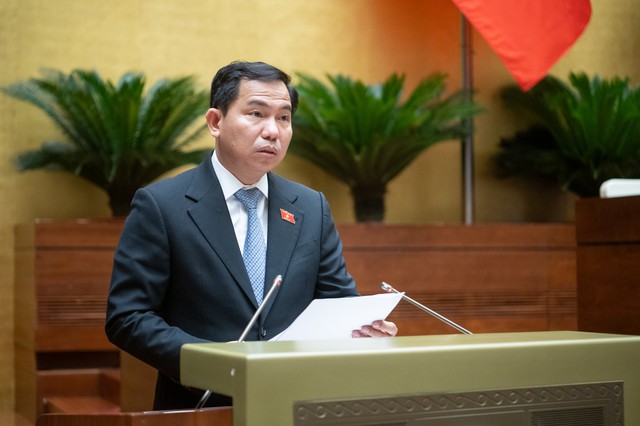
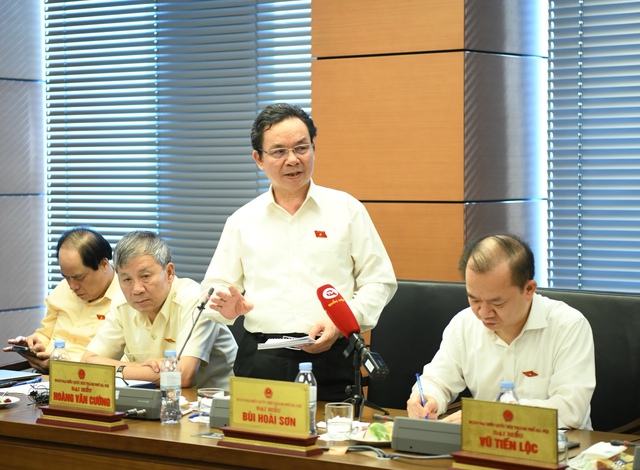
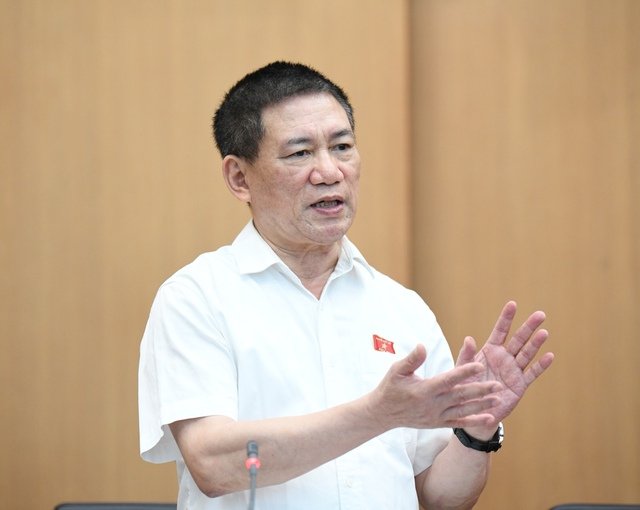
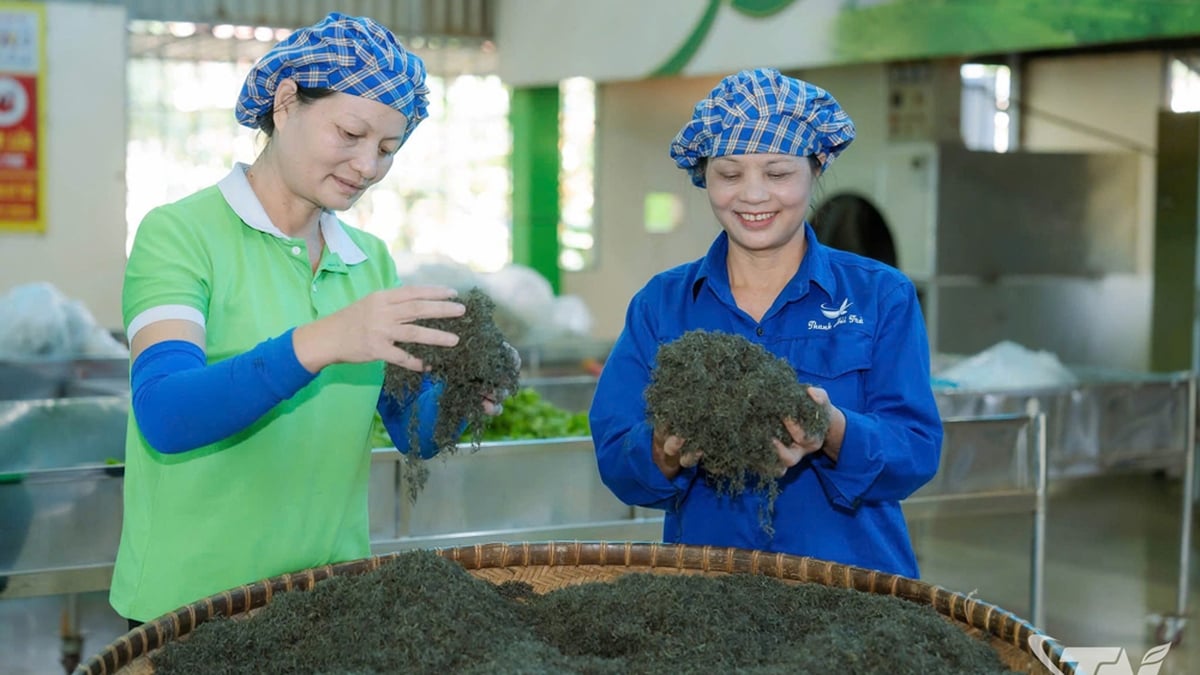

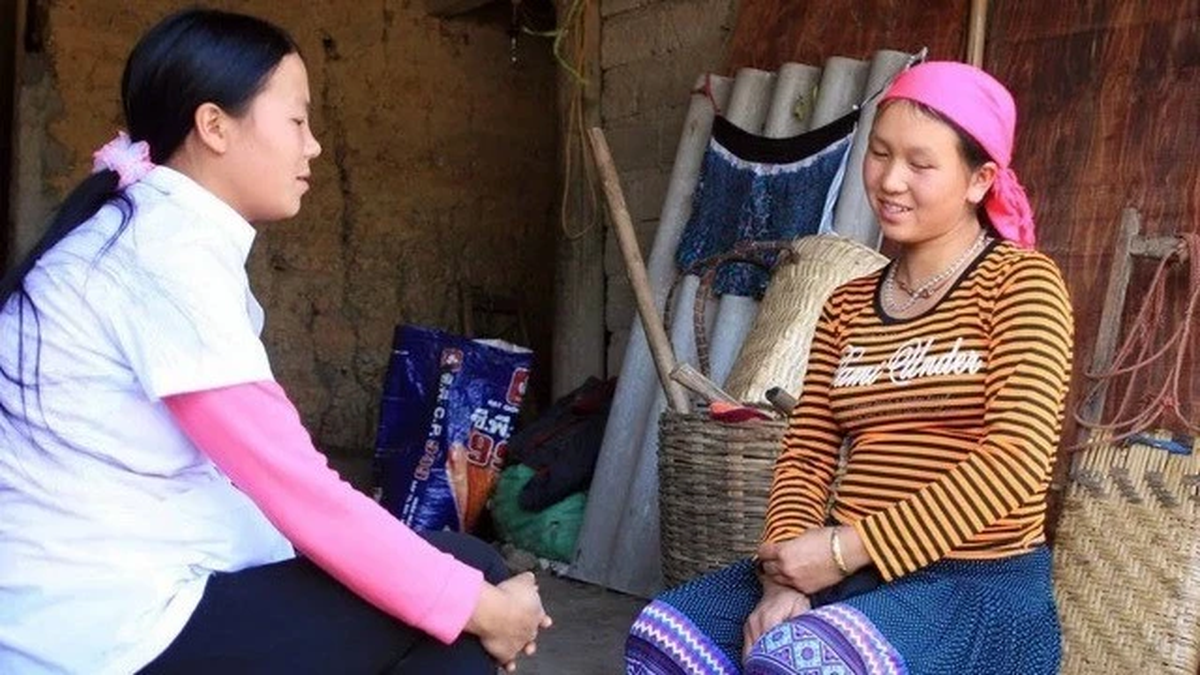






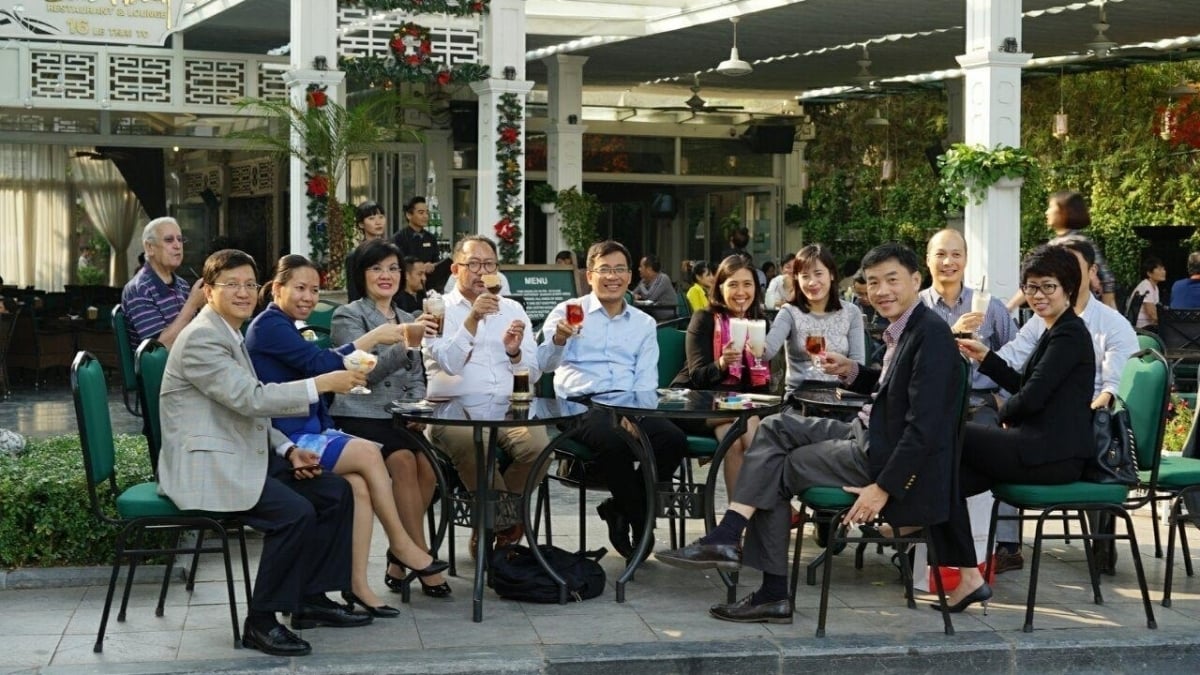





















































































Comment (0)